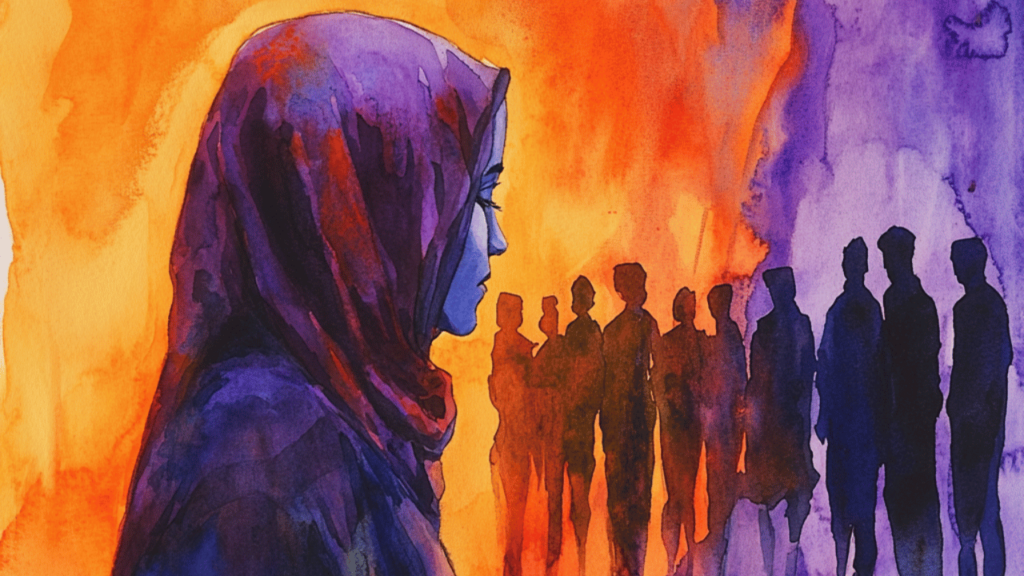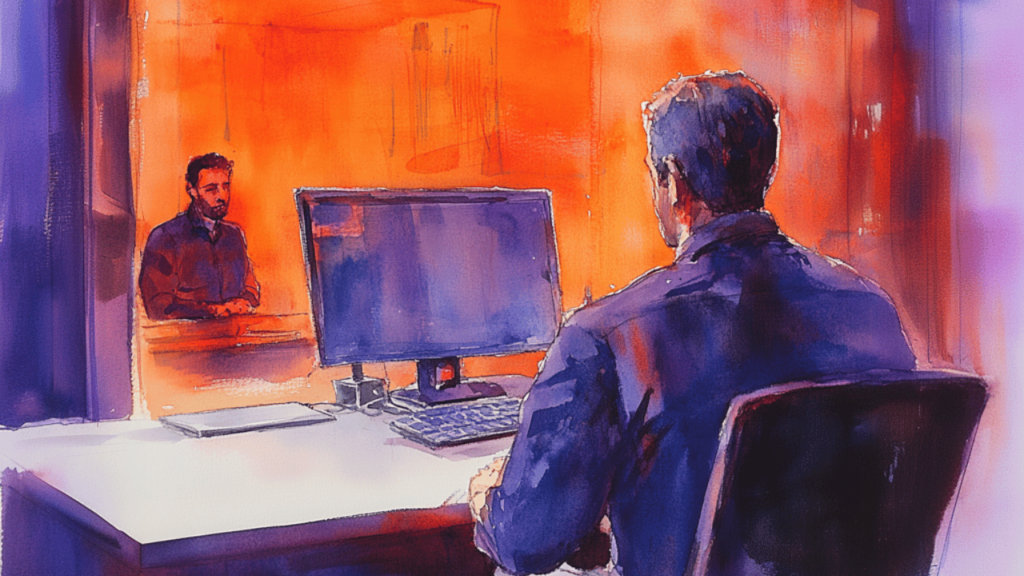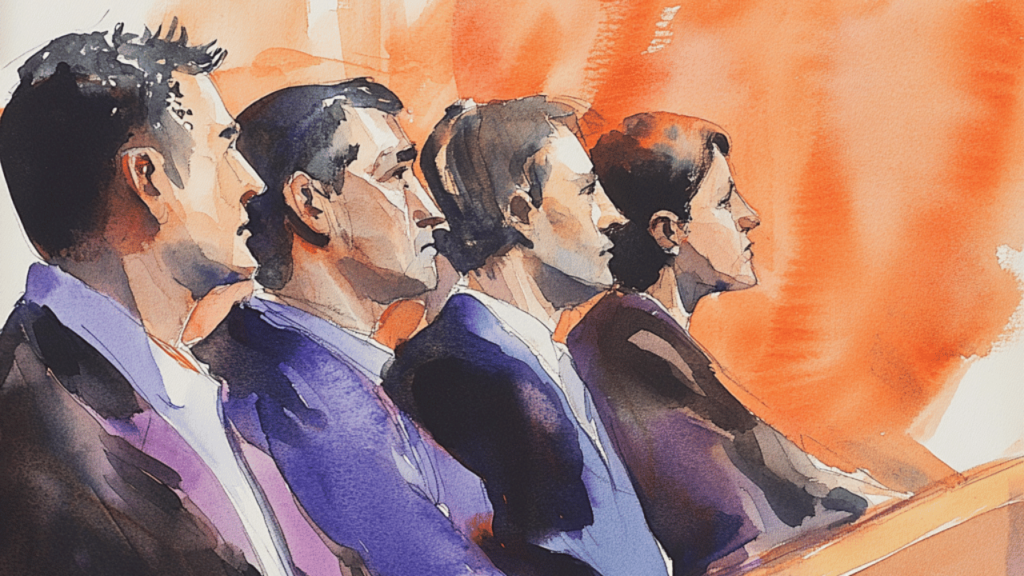Defamation

What does the law say? Defamation is governed by the law of July 29, 1881 on press freedom, which penalizes press offenses and applies to all communication media, including the internet. Defamation is the allegation or imputation of a fact that damages the honor or reputation of a person, even if the allegation is made […]
Airport and Religious Symbols

At the airport, I am asked to remove my headscarf for a security check at the security gate, in the presence of all travelers. Do they have the right to do this? NO Systematic removal when the security gate does not sound an alarm is illegal. The obligation of neutrality applies only to public service […]
Direct Discrimination

What is discrimination? The general normative framework for discrimination is set by Article 1 of Law No. 2008-496 of May 27, 2008, on various provisions for adaptation to Community law in the field of anti-discrimination (amended by Law No. 2017-256 of February 28, 2017). The definition is detailed in the Penal Code, in Articles 225-1 […]
Driving School and Driver’s License

At the driving school or on the day of the driver’s license test, the instructor/examiner asks me to remove my headscarf. Is this allowed? NO Religious freedom can only be restricted, in a proportionate manner, for legitimate reasons such as safety. In this case, wearing a headscarf does not pose a safety risk. The law […]
File a Complaint

What is Filing a Complaint? Filing a complaint allows a victim to inform the justice system that an offense has been committed. The facts in question must be criminalized by a text that provides for a criminal penalty. Filing a complaint is therefore unnecessary when disputes are purely civil or administrative. If the victim does […]
Absences on Religious Holidays – Eid

Can you be absent on Eid day as a civil servant, private sector employee, or public school student? What are your rights? What does the law say? 1/ You are a civil servant: If you are a civil servant or similar, Circular No. MFPF1202144C of February 10, 2012, regarding leave of absence that may be […]
School Cafeteria and Meat Consumption

At the beginning of the school year, we receive many reports concerning the pressure that would be exerted on children to force them to consume meat, sometimes pork, which is served to them in the school cafeteria. The arguments presented to justify this constraint are: Nutritional balance; Taste; Secularism. The parents who contact us are […]
Training Centers and Religious Symbols

Sarah wishes to undertake professional training at a training organization. Her application was accepted, but when she arrives at the reception, she is approached by the director who informs her that she cannot join the training while wearing a headscarf. The director cites the internal regulations which include the following statement: ‘in application of the […]
CFA and Religious Symbols

Sarah wishes to undertake vocational training at an apprenticeship training center (CFA). Her application was accepted, but when she arrives at the reception, she is approached by the director who informs her that she cannot join the training while wearing a headscarf. The director cites the internal regulations which state: ‘in application of the principle […]
Civil Party Constitution

What is a civil party constitution? Becoming a civil party allows you to become a party to a criminal trial in order to obtain compensation (damages) from the perpetrator of the acts. Example: an association that fights against discrimination can, under certain conditions, become a civil party to support one or several victims and request […]